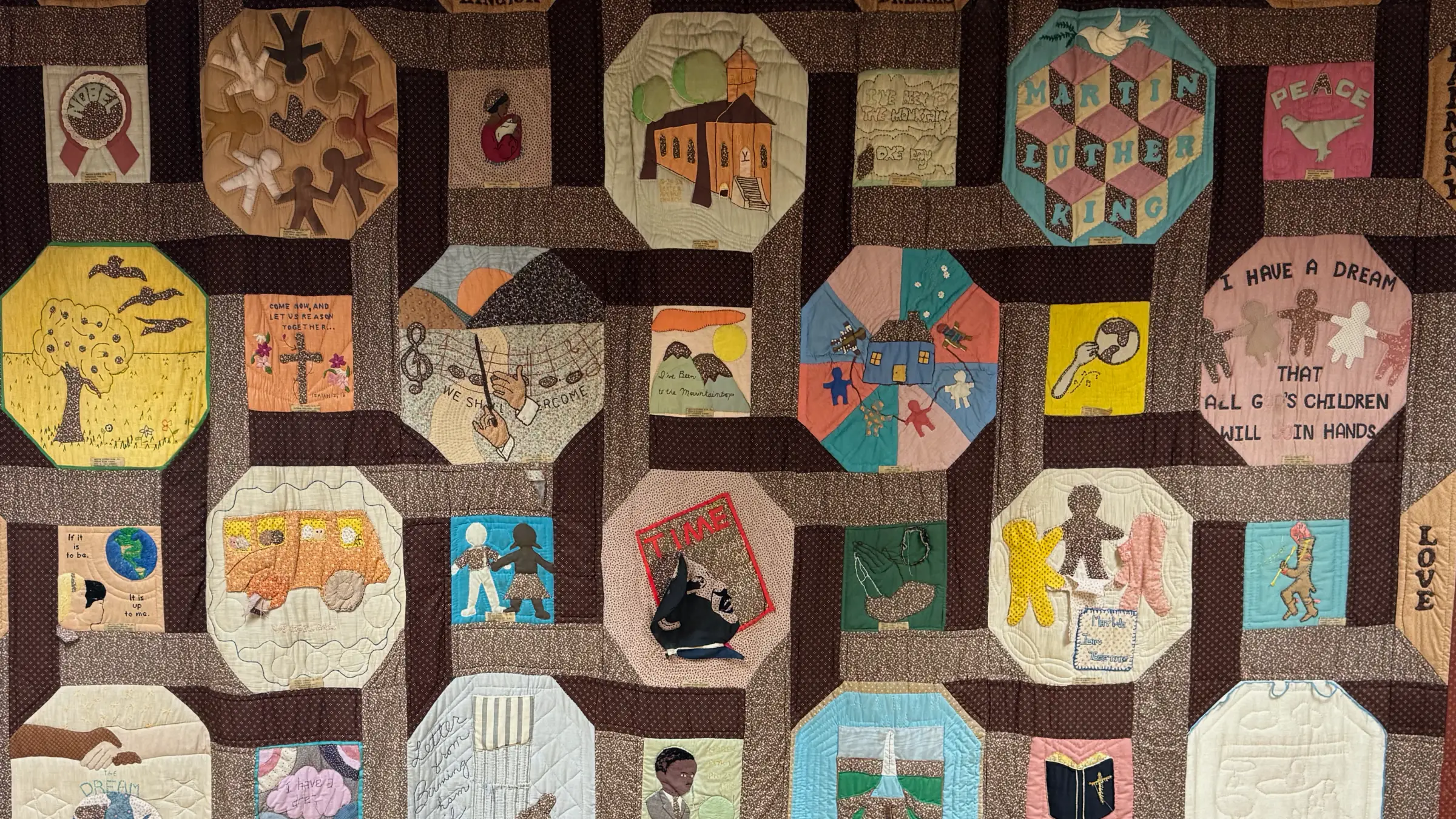In my last post, I said Civil Rights leader Bayard Rustin had to stay out of the spotlight because he was out of the closet. But things may have played out differently if a certain white supremacist had opened his vile mouth a bit earlier.
It’s a hypothetical idea. And a moot one. But it’s worth discussing because it’s something Rustin had pondered since 1962, when Martin Luther King, Jr., felt it necessary to put some distance between himself and his longtime friend, advisor, and trusted confidant.
Rustin shared his thoughts with a reporter in 1986, but the recording of that interview wasn’t made public till Eric Marcus played it on his Making Gay History podcast in 2019.1
Committee Thinking
Here’s what Rustin told the reporter:
I don’t know if you know, but I was an associate of Dr. Martin Luther King for a number of years. And that, actually, I am the person who drew up plans for his Southern Christian Leadership Conference.
At a given point, there was so much pressure on Dr. King about my being gay, and particularly because I would not deny it, that he set up a committee to explore whether it would be dangerous for me to continue working with him. And after eight years, that committee came to the decision it would be dangerous.
The interviewer asked why the committee met for eight years. Rustin explained that the committee didn’t take that long—they were looking at the fact that Rustin had worked alongside King for eight years by that point.
He continued:
J. Edgar Hoover began to circulate all kinds of stories about Martin Luther King, one of which was that he was a friend of mine, hinting that somehow or other there might be some homosexual relationship going on between us.
This frightened a number of people in Martin Luther King’s movement, and they set up a committee to discover what they should do about it. And that committee asked me to leave.
Which he did.
Naturally, I took the position that if people feel that I am a danger to so important a movement, I would leave.
But … What If?
The committee made its decision in 1962.
The following year, Senator Strom Thurmand—the infamous black-hearted white supremacist—began attacking Rustin publicly. He launched a tirade against Rustin in the Senate on August 13, just 15 days before the March on Washington was set to take place.
King defended Rustin vigorously, especially after Thurmond’s vitriol on the Senate floor.2
Rustin was grateful, of course, but was left wondering what might have happened had the sequence of events been different.
But the thing which distressed me was that if Martin had taken the strong stand [with the committee in 1962] that he took a year later, in 1963, vis-à-vis Strom Thurmond, he could have overcome it and kept me.
Thirty Seconds
I went back to listen to the interview this morning because Rustin has been on my mind. He was invoked, cited, and lionized frequently at the WorldPride rally earlier this month.
When I listened again, having just been to a rally at the foot of the Lincoln Memorial, the “What If?” of it all jumped out at me.
Rustin was a driving force in the Civil Rights Movement, yet only spoke for 30 seconds at the 1963 March on Washington—an event he organized and orchestrated.
What would he say if he had more time to speak in Washington, or anywhere else for that matter? What would it mean to have an out gay man at the forefront of the Civil Rights Movement?
I’m frustrated that we’ll never know. But I’m not angry. What purpose would it serve to accuse someone like King—who achieved so much through effort, influence, and example—of not doing more?3
I think Rustin understood that. He said about King:
I understand his doing it, and I hold no grief in him about having done it.
But then added one of the most profound statements I’ve heard—a wistful reminder of opportunities lost, and a proud challenge for opportunities to come.
If I’ve learned anything, it is that people, by helping others who are also in trouble, grow in strength to help themselves.
Hear It for Yourself
Here’s the episode of Making Gay History that features the interview with Rustin:
The part of the interview I’ve excerpted begins around the six-minute mark.
What If … I Had Some Footnotes?
- The interview was conducted in 1986 by Peg Byron of the Washington Blade. However, the recording was made by Walter Nagel, Rustin’s partner. (Nagel had Byron’s permission to tape the session; he was recording many of Rustin’s interviews for his own research.) Nagel’s recording of Byron’s interview wasn’t released until 2019, when Marcus asked to play it on his podcast. So, basically, I’m going to be quoting a 37-year-old recording featured in a six-year-old podcast about 63-year-old events. Got it? Good, explain it to me because now I’m totally lost. ↩︎
- Not just King. Many Civil Rights leaders rallied behind Rustin when he came under attack. While they considered his being gay to be a liability when it came to public perception, they knew his vision, strategic thinking, and tactical skills were invaluable. Plus, who were they gonna side with? The brilliant gay guy who made them a bit uncomfortable or the fucking racist who thought Jim Crow didn’t go far enough? ↩︎
- I said the same thing much less elegantly in the previous post. ↩︎

